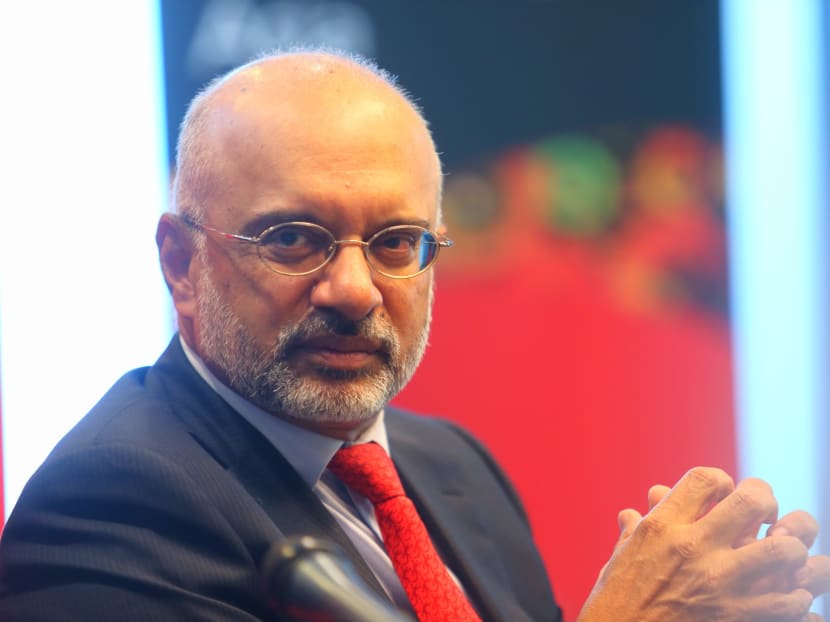SMEs ‘vulnerable’ from lack of financial management
SINGAPORE — In the current challenging environment, small and medium enterprises (SMEs) are more vulnerable than bigger firms to business shocks that could limit their growth, and they should build their financial capabilities in order to stay in the game, said Mr Piyush Gupta, deputy chairman of enterprise development agency SPRING Singapore, yesterday.

DBS’ CEO Piyush Gupta on 11 February 2015. Photo: Ernest Chua
SINGAPORE — In the current challenging environment, small and medium enterprises (SMEs) are more vulnerable than bigger firms to business shocks that could limit their growth, and they should build their financial capabilities in order to stay in the game, said Mr Piyush Gupta, deputy chairman of enterprise development agency SPRING Singapore, yesterday.
“By and large, 90 per cent of SMEs don’t tend to invest in financial management processes ... In tough times, when your profit margins are going to be down by 12 to 15 per cent, that extra 3 or 5 per cent can be life or death,” said Mr Gupta at the Financial Management Growth Seminar held jointly by SPRING and the Singapore Exchange (SGX). “Companies that have a proper financial management system will be able to generate higher revenues of 20 to 30 per cent than companies that don’t,” he added.
At the event, SPRING and SGX announced a collaboration to reach out to SMEs to help them in financial management areas, including corporate restructuring, as well as the development of frameworks and processes for risk management, corporate governance, internal control, financial reporting and investor relations.
Mr Gupta, who is also the chief executive of banking giant DBS, touched on the different areas that companies can improve on in managing their finances, such as having an optimum capital structure. “For companies with high fixed costs, when revenues come down, they usually end up in a loss situation,” he said. SMEs could relook their structure and consider minimising fixed costs in order to maintain an optimum operating leverage, he added. Other than managing costs, having liquidity to run a business is also vital.
“Working capital is the lifeline of companies ... How do you convert your assets to cash? That cycle is perhaps is the most crucial thing you need to run a company … Companies tend to fail largely due to liquidity issues,” Mr Gupta said. Angela Teng





